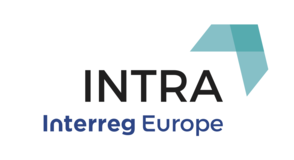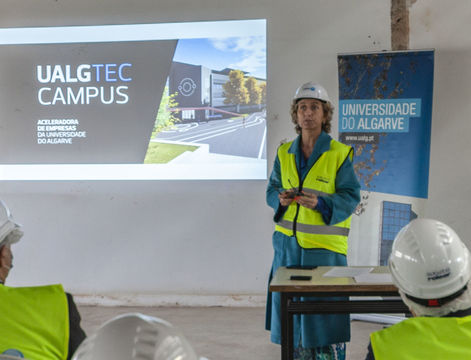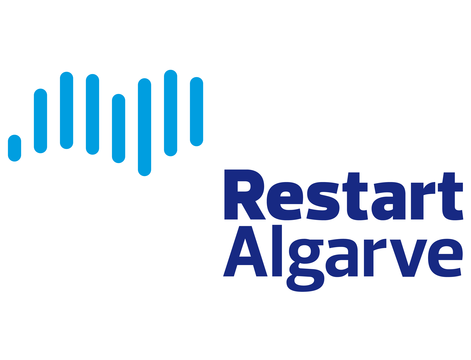The COVID-19 pandemic has impacted all of the economies world-wide. And various states and regions have responded to it in their own way. From the standpoint of project INTRA, the measures that effect the internationalisation of SMEs are most interesting.
The Ministry for Economic Development and Technology (MGRT) has prepared a two-phase system for mitigation of negative effects of the COVID-19 epidemic on the economy.
The first phase is the preparation of the intervention measures that have been proposed and amended several times since the COVID-19 epidemic was declared in Slovenia.
These include the legislative measures, such as the Emergency Measures in the Public Financial Area, and especially the Act Determining the Intervention Measures to Contain the COVID-19 Epidemic and Mitigate its Consequences for Citizens and the Economy.
Within these legislative measures, the mitigation of the effects is of the financial nature, regulating the conditions under which businesses can operate and how to claim reimbursements for wages and salaries of absentees, during the period of the duration of the COVID-19 epidemic. Furthermore, for the self-employed people, who are unable to carry out their activities, a special aid in the form of monthly basic income is provided, and the payment of tax liabilities can also be delayed for up to 2 years, or be made in 24 monthly instalments.
However, in the case of research and infrastructure programmes, purchase of research equipment or implementation of bilateral research cooperation between Slovenia and the United States of America, and Slovenia and the Russian Federation, all activities foreseen to conclude by the end of the 2020 will be prolonged for an additional year.
Also, as part of the Mega Law, there are some changes regarding new employment and seasonal employment in the field of agriculture.
It is the second phase, however, is more interesting from the point of internationalisation of SMEs, as it defines the strategic measures to (re)establish value chains, replace missing links and achieve a reduction of the long-term dependency on suppliers from outside the EU.
MGRT has, together with the Slovenian Export and Development Bank (SID Banka) and Slovene Enterprise Fund (SPS), prepared new financial products available for businesses. Additional help for businesses in the field of internationalization has been provided.
SPS, which is also the implementing body of the INTRA action plan for Slovenia, has prolonged the voucher schemes for additional 3 months. The changes that are made will ensure the covering of costs that occurred for participation at international events, even in a case of an event being cancelled. Also, in case of participation at business events, the eligibility is extended to online participation. Also, the voucher for digital marketing has been reactivated. Its goal is to encourage SMEs to prepare a digital strategy in order to achieve the digital transformation of the company. Furthermore, the financial scheme for loan guarantees has been expended to loans taken for ensuring liquidity (not only loans for development of the company).
Likewise, SID Bank is offering direct financing to SMEs that are directly producing products or providing services that are fighting the effects of the COVID-19 outbreak (such as medical equipment, supply of food, providing transport services and similar).
Additionally, in the field of tourism, SMEs can get a loan for investments in new (or refurbishing the existing) tourist infrastructure, or additional (not foreseen before) to cover the costs of wages and salaries.
Prepared by Borut Jurišić












